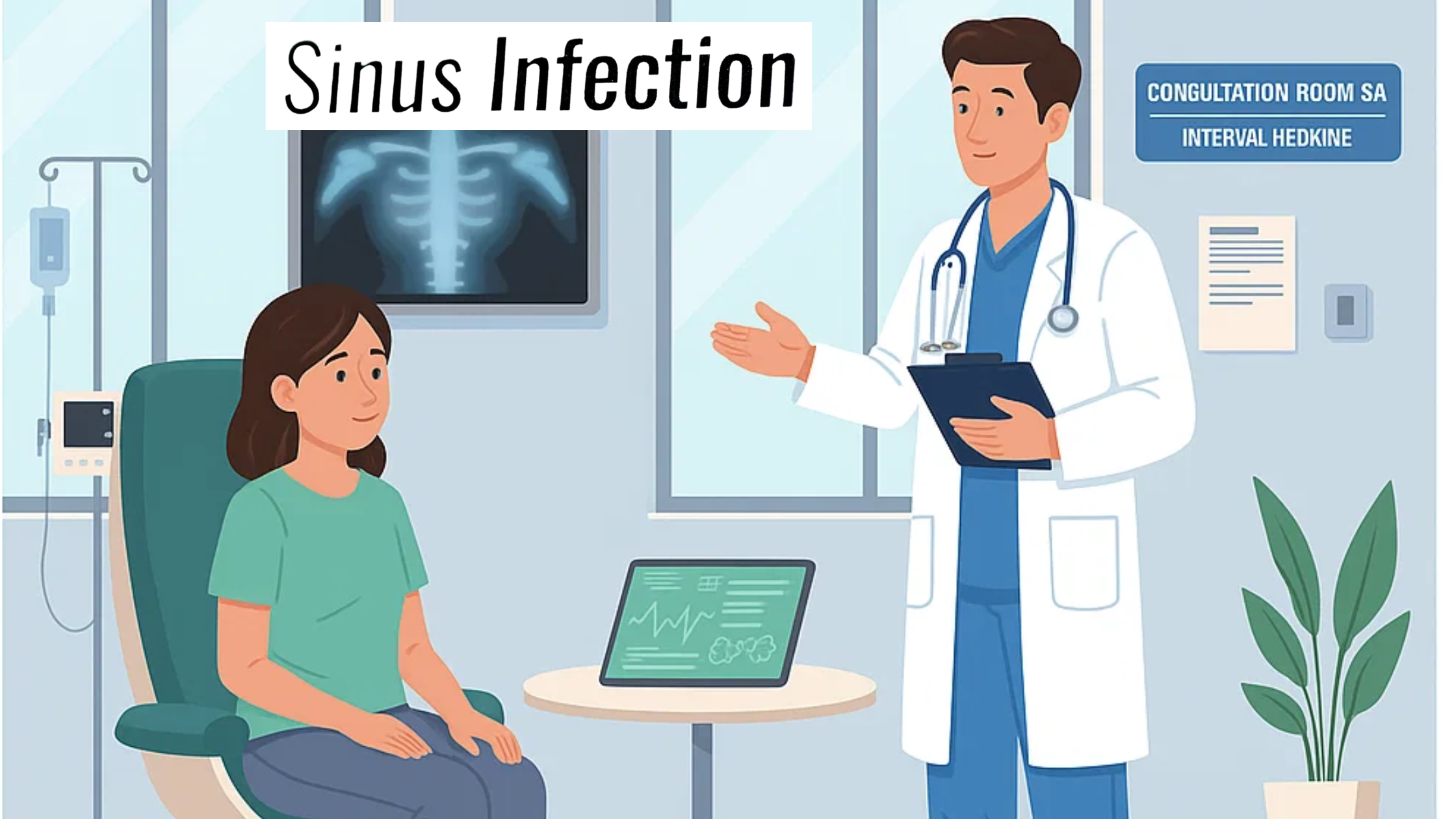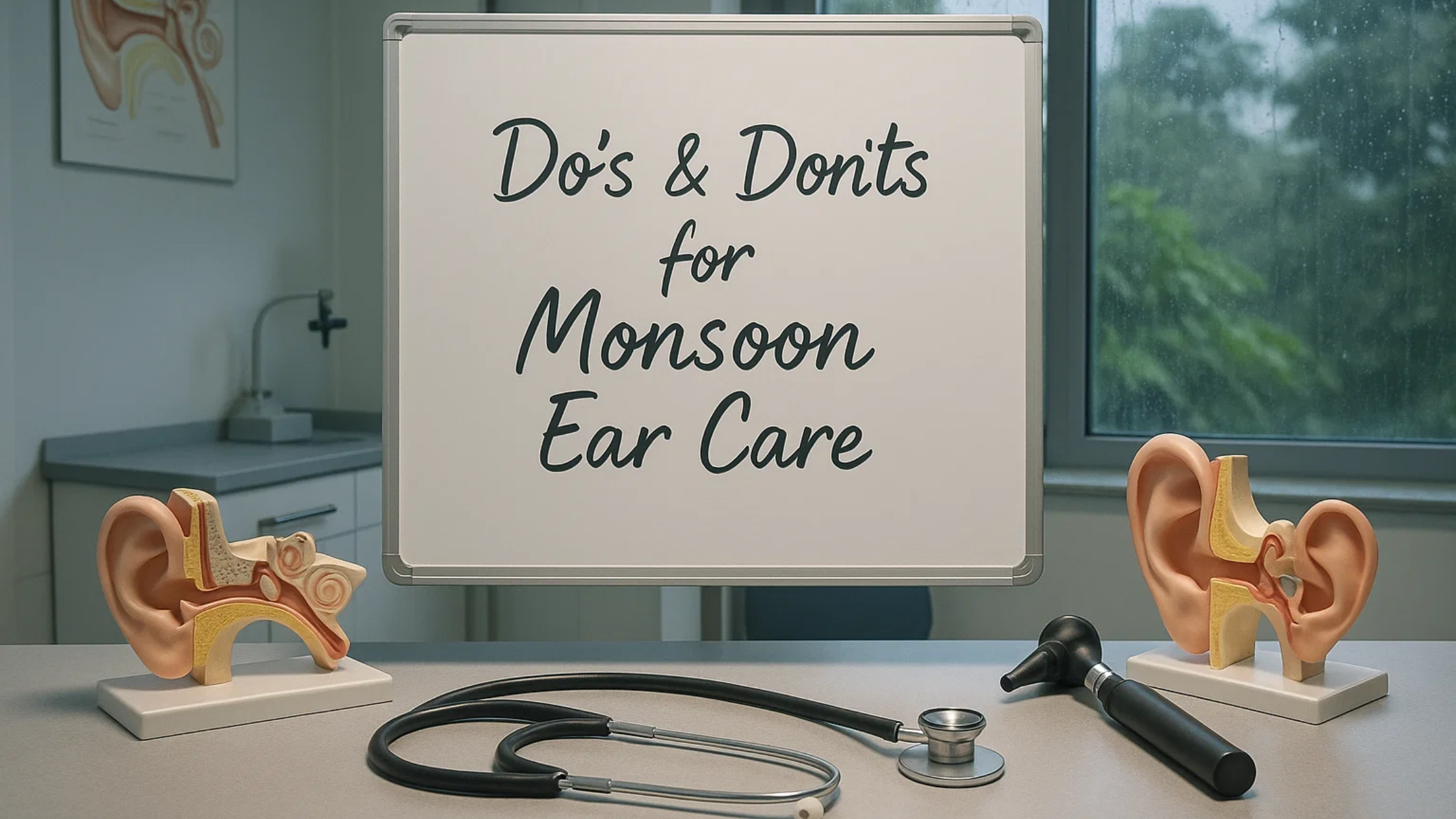Sore throats are a common ailment that most of us have experienced at some point. They can be caused by a variety of factors, from seasonal allergies to changes in weather. While some sore throats are mild and go away on their own, others might be a sign of something more serious like an infection. Distinguishing between a simple sore throat and a more severe sore throat infection is important for proper treatment.
This blog will help you understand the key signs that your sore throat might be an infection and what to do about it.
Understanding a Sore Throat
A sore throat, or pharyngitis, is characterized by pain, discomfort, or a scratchy feeling in the throat. It can be caused by numerous factors, not all of which are related to infections.
Common Non-Infectious Causes of Sore Throat
- Allergies: Pollen, pet dander, and dust can irritate the throat, causing a sore throat without infection.
- Dry Air: Especially during winter months, dry air can cause throat irritation.
- Vocal Strain: Overuse of the voice, such as shouting or singing for long periods, can result in a sore throat.
- Acid Reflux: Stomach acid flowing back into the throat can cause irritation, leading to pain.
While these causes are typically harmless and resolve on their own, it’s important to recognize when a sore throat might indicate something more serious, such as an infection.
Signs That Your Sore Throat Might Be an Infection
Infections can be caused by viruses, bacteria, or even fungi, and they tend to come with specific symptoms that you should watch out for. Let’s explore some of the key signs of a sore throat infection.
1. Persistent Pain and Discomfort
A typical sore throat caused by vocal strain or allergies usually goes away after a day or two. However, if the pain persists for more than a few days, it could be a sign of a throat infection. Persistent sore throat accompanied by swelling or sharp pain when swallowing may suggest an infection that needs medical attention.
2. Difficulty Swallowing and Hoarseness
If you notice difficulty swallowing (dysphagia) or a change in your voice (hoarseness) along with a sore throat, these are signs of sore throat infection. Infections like tonsillitis or laryngitis can make it painful to speak or swallow, and these symptoms should not be ignored, especially if they persist for more than a couple of days.
3. Fever Accompanying Sore Throat
One of the most common symptoms of throat infection is fever. Fever is your body’s natural response to infection, as it tries to fight off the invading organisms. If your sore throat is accompanied by a fever higher than 100.4°F (38°C), it’s likely that you have an infection, either viral or bacterial.
4. Swollen Lymph Nodes in the Neck
Lymph nodes are small, bean-shaped glands that play a key role in your immune system. They often become swollen when your body is fighting off an infection. If you notice swollen lymph nodes in your neck, particularly under your jawline, it may be a symptom of a throat infection such as strep throat or tonsillitis.
5. Red or White Patches in the Throat
A visual inspection of your throat can sometimes reveal telltale signs of an infection. If your throat is red, inflamed, or you see white patches or spots, it could indicate a bacterial infection such as strep throat. These patches are usually a sign that pus has formed as a result of the infection.
6. Bad Breath and Foul Taste in Mouth
Another often overlooked symptom of a bacterial throat infection is bad breath or a foul taste in the mouth. This occurs because of the bacteria multiplying in the throat, leading to an unpleasant smell or taste. If this symptom appears alongside a sore throat, it could point to an infection that needs treatment.
When to See a Doctor
It’s important to know when your sore throat is more than just a minor irritation. If you experience any of the following symptoms, it’s time to seek medical advice:
- Sore throat lasting longer than a week.
- Severe pain when swallowing or speaking.
- High fever (above 100.4°F or 38°C).
- Difficulty breathing or extreme fatigue.
- Swelling in the neck that doesn’t go away.
Ignoring these symptoms of throat infection can lead to complications, especially if the infection spreads to other areas of the body. A medical professional, especially an ENT specialist, can help diagnose the issue and provide proper treatment.
Common Causes of Sore Throat Infections
Sore throat infections can arise from a variety of causes, each requiring different forms of treatment. Let’s explore the main types.
Bacterial Infections
One of the most well-known bacterial causes of sore throat is strep throat, caused by the Streptococcus bacteria. Other bacterial causes include tonsillitis, where the tonsils become infected and inflamed, and less commonly, diphtheria, a serious bacterial infection that can affect the throat and upper airways.
Viral Infections
Viral infections are more common than bacterial ones. The common cold or flu can easily lead to a sore throat. Infections like mononucleosis (also known as mono or the “kissing disease”) can also cause a sore throat, especially in teenagers and young adults. Viral infections generally don’t require antibiotics, but they can still cause significant discomfort.
Other Causes
Though less common, fungal infections like oral thrush, or irritants such as chemical fumes and pollution, can also cause throat infections. In some cases, autoimmune conditions can contribute to persistent throat issues.
Sore Throat Treatment Options
Treatment for a sore throat depends on the underlying cause. Here are some options to consider:
Home Remedies and Self-Care
For mild cases, home remedies can be quite effective. Here are some simple sore throat treatments you can try:
- Hydration: Drinking plenty of water helps keep your throat moist and prevents further irritation.
- Warm Teas: Herbal teas with honey or ginger can soothe a sore throat.
- Rest: Giving your body time to heal by resting is key to recovery.
- Throat Lozenges: Over-the-counter throat lozenges can help reduce pain and discomfort.
If your symptoms are mild and not accompanied by a fever, these remedies might be all you need.
Medical Treatments
When an infection is the cause, however, more intervention may be required. Over-the-counter medications like ibuprofen or acetaminophen can help reduce pain and swelling. For bacterial infections, your doctor may prescribe antibiotics, which are crucial for treating strep throat and other bacterial causes of sore throat. It’s important to finish the full course of antibiotics to prevent complications and the spread of infection.
Lifestyle Tips for Prevention and Management
Taking steps to prevent sore throat infections is always better than dealing with them after they’ve started. Here are some useful tips:
- Practice Good Hygiene: Wash your hands regularly and avoid touching your face, especially during cold and flu season.
- Avoid Irritants: Stay away from cigarette smoke, pollutants, and other irritants that can inflame your throat.
- Stay Hydrated: Keeping your throat moist by drinking plenty of water can prevent dryness that leads to irritation.
- Boost Your Immune System: A healthy diet rich in vitamins and nutrients can help keep your immune system strong, reducing the risk of infection.
Conclusion
Understanding the signs of sore throat infection is crucial for timely treatment and preventing complications. From persistent pain and fever to swollen lymph nodes and white patches, these symptoms can indicate an infection that needs medical attention. By recognizing these warning signs early and seeking help from a healthcare provider, you can ensure a faster recovery.
If you’re experiencing any of these symptoms, don’t hesitate to consult an ENT specialist. ENTFORALL is here to help you with expert advice and treatment for all throat-related issues.
Don’t let a sore throat slow you down book an appointment today!
Also read – Best Tips To Look After Your Throat In This Changing Weather?
Follow us on Facebook: @entforall

















